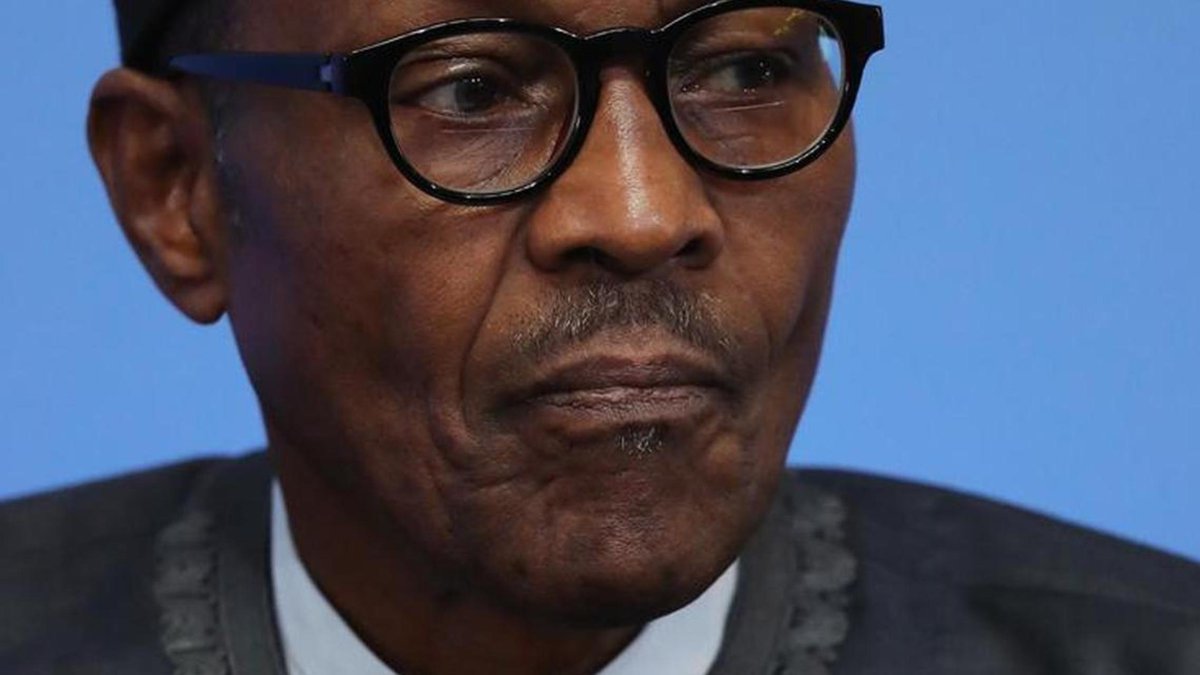The Federal Government has borrowed no less than N1.47 trillion from deposit money banks in the last three months, possibly through debt instruments from its monetary authorities.
The development, according to a National Bureau of Statistics (NBS) report, is coming when “oil economy” had stabilised besides other borrowings from international sources.
While budget financing may have necessitated the shopping for the funds, there is also the disturbing aspect of an accompanying regime of huge interest payments.
This was much confirmed by the Debt Management Office which noted that government had spent about N656 billion in servicing domestic debts during the period.
This is besides the N643 billion expended on same subject in the first quarter.
With the N1.47 trillion figures, government emerged the third-highest borrower coming immediately after the oil and gas as well as the manufacturing sectors, which took N3.45 trillion and N 2.02 trillion.
However, capital inflows dipped by $790 million ahead of the second quarter (Q2) Gross Domestic Product report.
Specifically, the total value of capital importation into the country stood at $5.5 billion in the period under review against the $6.3 billion statistics of the first quarter, representing a decrease of 12.53 per cent, but a 207.62 per cent increase over postings of the corresponding period of 2017.
It is noteworthy to mention that capital market operators have been lamenting the developments in the political space, which they feared were sending a wrong signal to investors, as market indices keep nose-diving.
Interestingly, the NBS report stated that the unsavoury results in Q2 followed decline in portfolio and other investments, recording 9.76 per cent and 24.07 per cent.
Nevertheless, the largest receipt was from portfolio investment, accounting for 74.7 per cent ($4.11 billion) of the total, followed by other investment, 20.5 per cent ($1.13 billion); and Foreign Direct Investment’s (FDI) 4.7 per cent ($261.4 million).
Conversely, the new face of government’s diversification agenda – agriculture – was among the unimpressive sectors, getting N523 billion credit while mining and quarrying in the solid minerals industry, had N10.17 billion.
But experts have traced the poor financial fortunes of both sectors to uncharted courses of the moment.
The Head of Research at FSDH Merchant Bank Limited, Ayodele Akinwumi, said the crisis that rocked the agriculture belts could not be ignored, especially by banks, which were not only after interest rate payments, but also the repayment of the loans.
Another analyst, Egie Akpata, regretted that the solid minerals sector, though listed in the nation’s economic document, was yet to get its deserved attention.
Meanwhile, the Federal Mortgage Bank of Nigeria (FMBN) is seeking the approval of the presidency to recapitalise with N500 billion.
The Managing Director, Ahmed Dangiwa, dropped the hint while addressing State House Correspondents after he led officials to a closed-door meeting with Vice President Yemi Osinbajo at the Presidential Villa, Abuja.
He explained that the recapitalisation would reposition the organisation for more local and informal investments.
The FMBN boss said: “We have to seek recapitalisation because even commercial banks have recapitalised over time.
N5 billion has been the share capital of the bank but only N2.5 billion has been paid.
“Even other private mortgage banks (PMBs) have capitalised over N5 billion.
With the recapitalisation of N500 billion, we will attract both local and informal investments 10 times over. It is going to reposition the bank.”
He said the team was in the Villa as a follow-up to an earlier request as well as to brief the vice president on the agency’s sundry activities.
Credit: The Guardian






Leave a Reply